If you’ve ever colored your hair, you know it’s the first thing people notice about you. But if you’re one of the many people sensitive to chemicals, coloring your hair can also be a painful experience – especially if it makes your scalp itch. Let’s see some common reasons why your scalp itches after coloring your hair and what to do.
Is Itching Scalp After Coloring Hair Normal?
Yes, it is normal to experience itching after coloring your hair. However, you should try to avoid it as much as possible by using a hypoallergenic and sulfate-free dye. The right product will reduce the risk of irritation and itching.
An allergy can cause post-hair coloration itching, but it’s not necessarily a sign that the dye has damaged your hair. It can also result from chemicals found in most dyes or even scalp sensitivity to those chemicals.
Why Does My Scalp Itch After Coloring Hair?
If you’re experiencing itching, burning, or stinging after coloring your hair, it could be from the chemicals used in hair dye or several other reasons. The most common culprits are:
1. Allergy
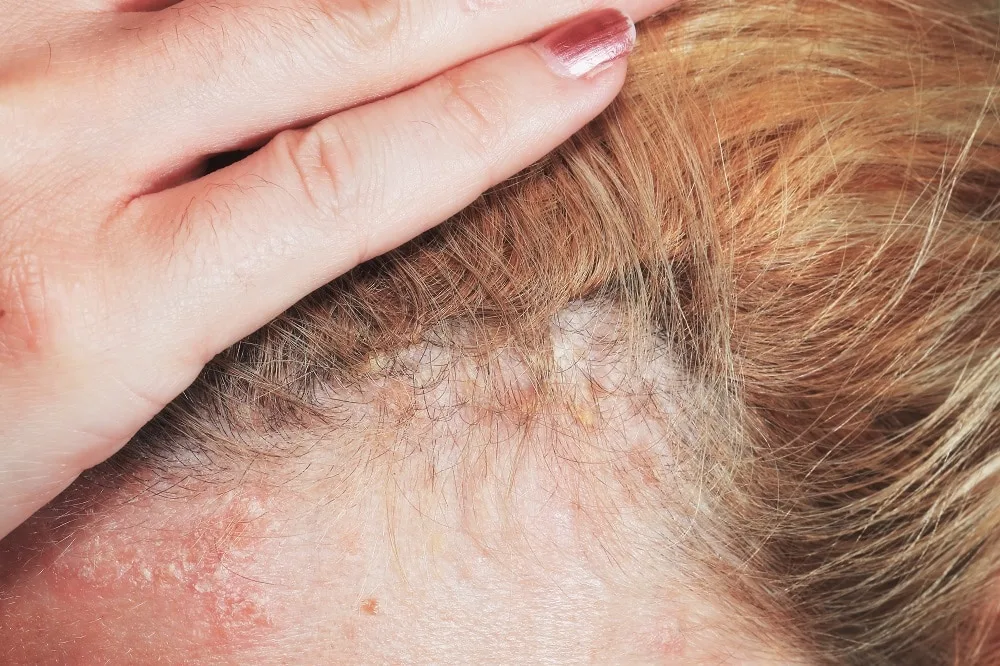
If you have an allergy or sensitivity to a particular ingredient in the hair color, it can cause your scalp to itch. The most common allergens in hair dye are the following:
- PPD (para-phenylenediamine)
- Toluene sulfonamide
- Methylchloroisothiazoline (MCI)
- Methenamine
2. Infestation
Your scalp might be itchy due to an infestation of lice. If you suspect lice or bedbugs, wash your hair with a medicated shampoo and comb through with a fine-tooth comb. You may also need to see your doctor for medication if you have severe scalp problems.
3. Dry Scalp
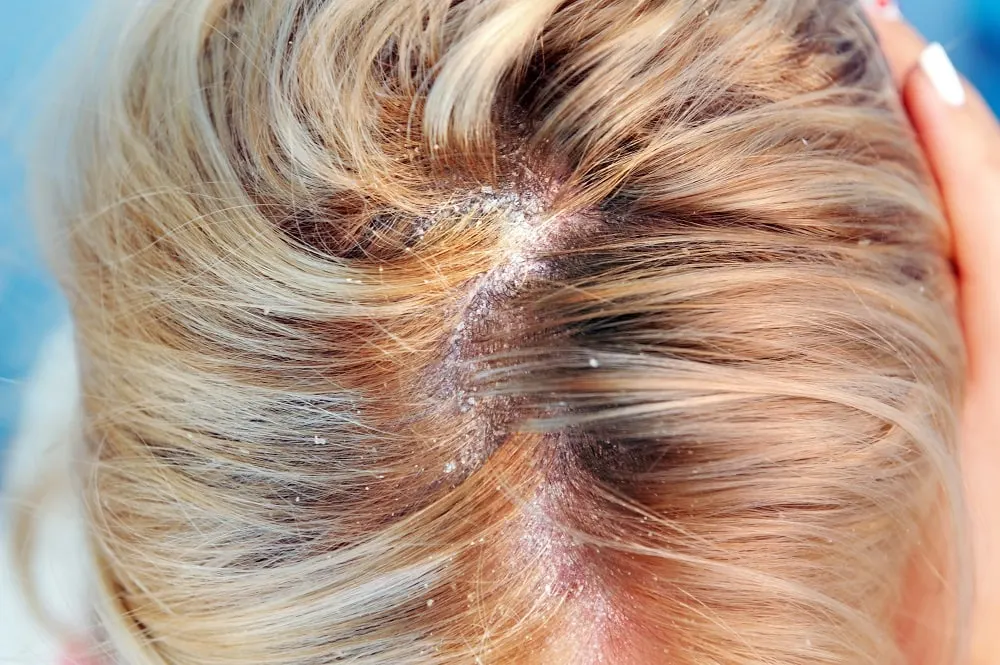
If you’re experiencing dryness and itching, try applying a moisturizing conditioner before coloring your hair.
Many hair products contain ingredients that strip moisture from the hair shaft, which causes dryness and flaking. These products include alcohol, glycerin, silicone, and petroleum jelly.
4. Chemical Burns
You may get chemical burns from using hair dye that contains toluene 2, 4 diamines, or resorcinol. These strong chemicals can cause irritation and inflammation on the skin if not used properly.
So make sure you follow all the manufacturer’s instructions carefully when using these products.
5. Eczema of the Scalp
If you have eczema on other parts of your body, you may also experience it on your scalp. Eczema on your scalp can cause redness and swell around the affected area. It can also cause dryness and flaking skin, leading to itchiness and irritation.
6. Scalp Psoriasis
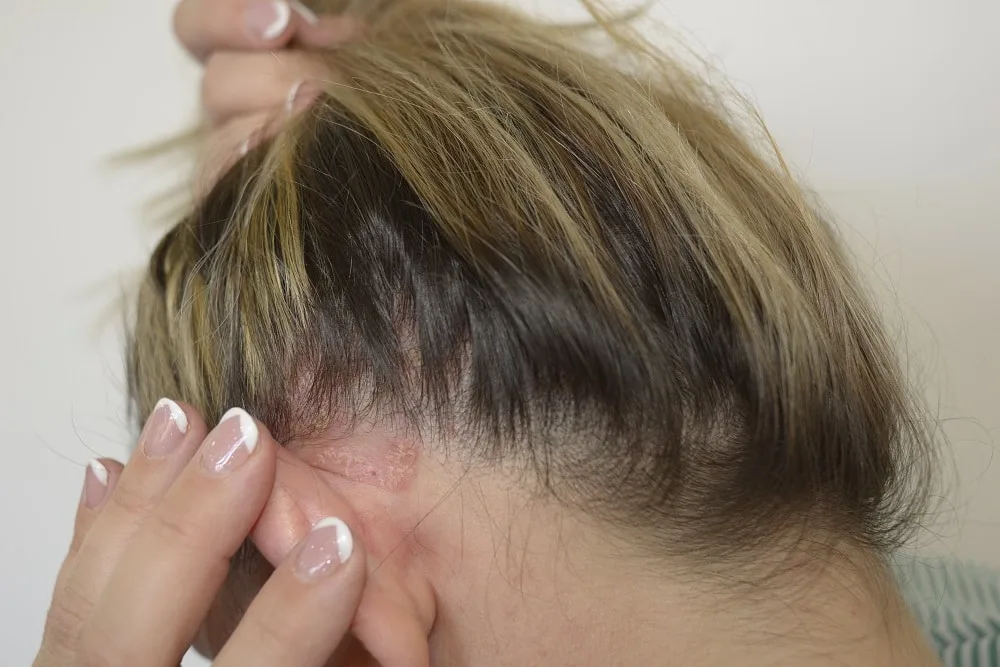
Scalp psoriasis is an inflammatory skin condition. It can occur at any age, but it is more common in people under 50.
Scalp psoriasis causes red patches, which may be covered in silvery scales. The condition can lead to itching and burning of the affected area.
7. Improper Application Methodology
If you don’t follow the right hair coloring procedure, you can get an irritating side effect on your scalp. Itchiness may occur when you use too much developer or conditioner. They can irritate your scalp when applied excessively.
How To Get Rid Of Itchy Scalp After Dying It?
If the itching sensation after you color your hair is too much, you can try these home remedies for relief:
Avoid Using Hair Dyes that Contain Harmful Chemicals
Some dyes are made of chemical ingredients that can cause allergic reactions in some people. Avoiding such dyes is better if you have sensitive skin or a scalp. You can opt for natural hair dyes instead.
Rinse Your Hair With Apple Cider Vinegar
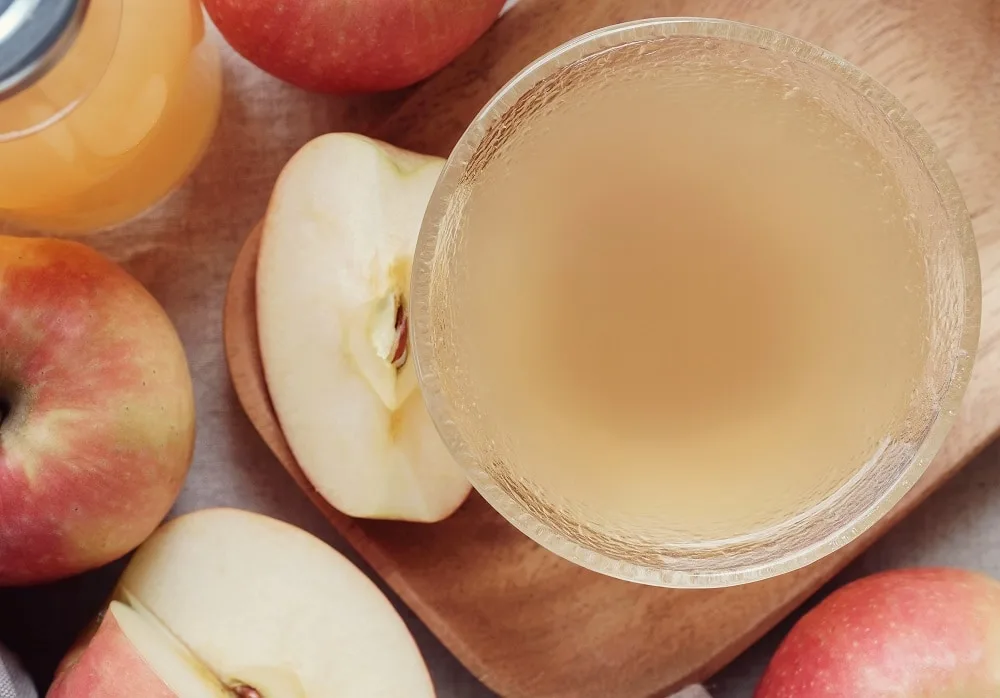
Apple cider vinegar helps eliminate the itchiness and dryness on the scalp after dyeing your hair. It also removes the excess dye from your hair and makes it soft again.
Add apple cider vinegar to a cup of water and rinse your hair properly with this solution. You can also apply it directly on your scalp, massage it gently and let it sit for 15 minutes before rinsing it off with water.
Treat Dandruff
To treat dandruff, you can use anti-dandruff shampoos and conditioners. These products contain ingredients that reduce the number of dead skin cells on the scalp and soothe inflammation.
You can also use medicated shampoos containing zinc pyrithione or selenium sulfide to treat dandruff.
Massage Your Scalp
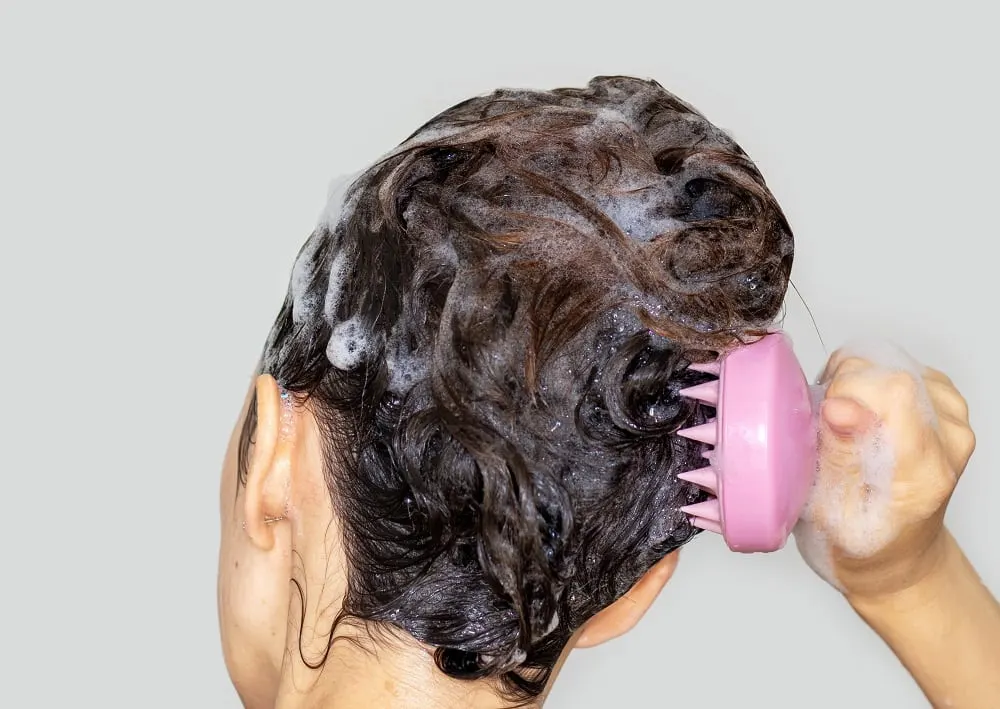
Massaging your scalp stimulates the flow of blood and lymphatic fluid through the body’s vessels and veins.
It helps to improve circulation in the scalp, which helps remove excess oil from hair follicles and prevent acne breakouts caused by clogged pores.
Use a Gentle Conditioner
Try a gentle conditioner on your scalp to help soothe your skin and reduce itching. Avoid using products with silicone or alcohol, as they can worsen the itching.
If you don’t have a gentle conditioner on your scalp, dilute the dye with water before applying it to your hair.
Apply Coconut Oil
If you’re finding your scalp is itchy after coloring, coconut oil can help. Coconut oil is a natural moisturizer and will help soothe your skin. Use the following steps to apply coconut oil to your scalp:
- Step 1: Put some of the product on your fingertips and then rub them together until it’s soft and spreadable.
- Step 2: Rub the substance onto your dry scalp, focusing on areas that are especially sensitive or irritated.
- Step 3: Let it sit for at least 30 minutes before rinsing off with warm water and shampooing as usual (or shaving).
Use Aloe Vera Gel on Your Scalp
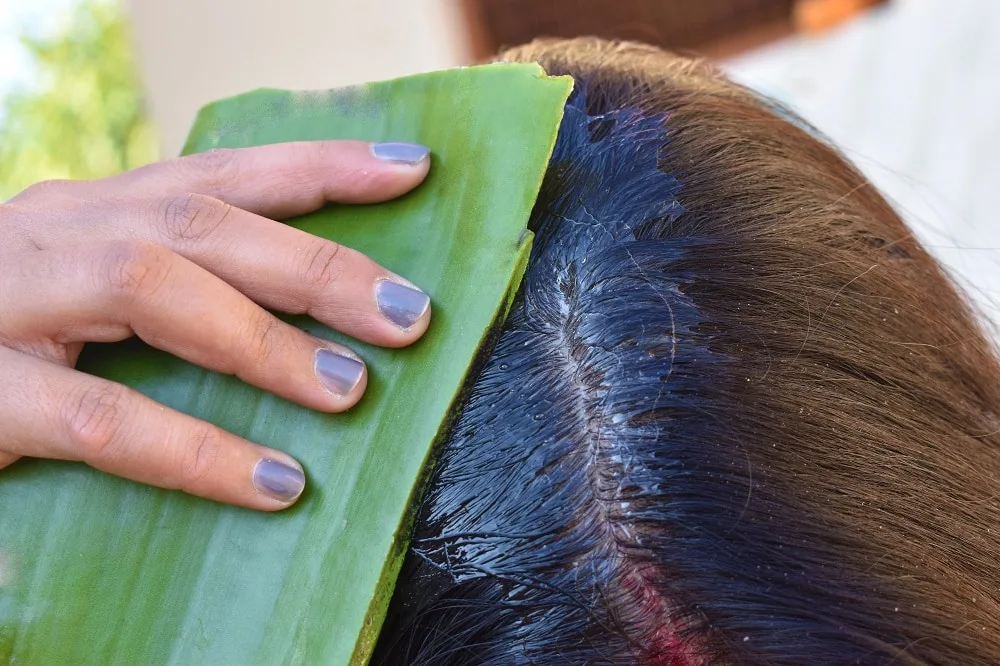
Aloe vera gel is good for soothing irritation. The gel has anti-inflammatory properties, and it will help reduce inflammation and redness.
You can apply aloe vera gel directly to the irritated area of your scalp or dilute it with water to form a thick paste. Let it sit on your hair for 30 minutes before rinsing it with cool water.
Which Hair Dye Chemical Should I Avoid To Prevent Itching?
Look for hair dye products that are sulfate-free. Sulfates are detergents added to shampoo and conditioner. They strip natural oils from hair , causing it to dry, become brittle and break off more easily.
Some of the worst offenders of this ingredient include sodium lauryl sulfate (SLS), ammonium laureth sulfate (ALS), and Cocamidopropyl betaine (CAPB).
You should also ensure that there are no parabens in your hair dye product or other chemicals that could cause itching or irritation on your scalp if you have curly hair like me!
How Long Does Itchy Scalp from Hair Dye Last?
The itchiness you feel after coloring your hair can last anywhere from 1 to 7 days. It depends on your skin’s sensitivity and the dye you use.
If the itching isn’t severe, it may be gone by the end of the day. However, this might not be the case for you if you have sensitive skin or are prone to allergic reactions. If so, try above mentioned remedies.
So, what helps an itchy scalp after hair color?
The first thing to do if you have an itchy scalp after using hair dye is to wash your hair with a shampoo free of sulfates and parabens. You can also use a gentle conditioner and treat your hair with apple cider vinegar or aloe vera.
Avoid using hair products containing isopropyl myristate, which can irritate the scalp and cause itching. The same goes for any other product that contains alcohol or artificial fragrances.
